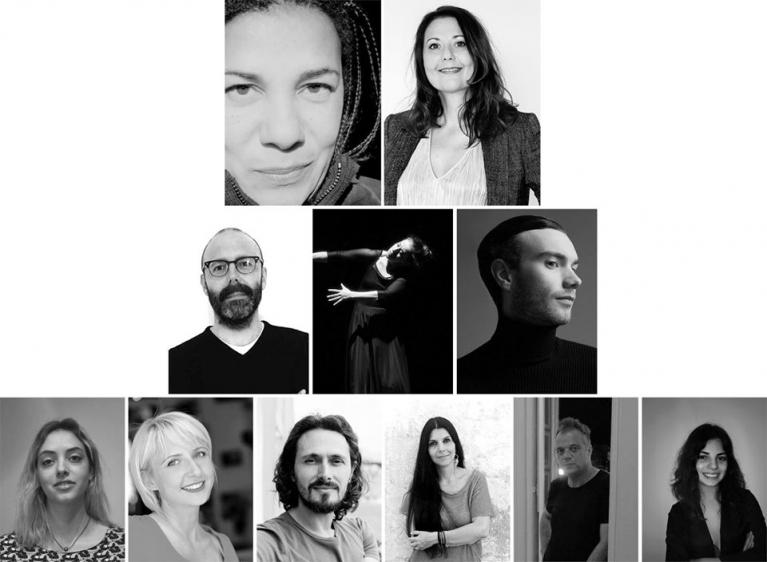


Myriam Mihindou / Rikke Jorgensen
Claudio Zecchi / Ramdom / Lastation
Henri Guette
Maristella Martella
Moderators Romina De Novellis / Mauro Bordin
Heads of the Nunzia Perrone / Gigi Rigliaco organization
Organizational assistant Pauline Rossignol
In the study of Ernesto De Martino, The land of remorse, dedicated to the phenomenon of tarantism in Salento at the end of the 1950s, the tarantata and ritual practices had a cathartic function, against an existence marked by precariousness and by the social, human and geographical marginalization. Starting from tarantism, therefore means starting from marginalization and precariousness, to give life to a residence of artists and curators in Galatina, a city in which the tarantata came to ask St. Paul's grace. Starting again from a minute and local phenomenon, of which only the aspects linked to folklore, music and the feast dedicated to St. Paul patron of Galatina remain, to actualize and highlight the phenomenon as a metonym of extreme human conditions in extreme lands. This first public meeting, organized by DOMUS Artist Residency, is an opportunity to hear the testimonies of those who place the fragility of territories and people at the center of their research and work, on the border between the West and Africa, between Europe and the Mediterranean, still suffer the effects of being on the margins as people and as territories. This meeting aims to share the similarities that can exist between the various cultures of the Mediterranean, to identify who the tarantata are today means to restore a historical, anthropological and social role to those who survive in border lands and in the indifference of others. This reflection will be addressed in a contemporary key, thus leaving aside the more academic and anthropological aspects of the phenomenon of tarantism, through the works of the Franco-Gabonese artist Myriam Mihindou, on the sense of belonging to a specific culture and the use of one's body as a means of transcendence of trauma, violence and wound. Research on the African territory by the curator Rikke Jorgensen will be the link between the artistic practices of Myriam Mihindou and the question of the geographical marginalization of extreme lands also studied by Claudio Zecchi and the Ramdom Association in Salento, thanks to the Lastation residency program. Henri Guette will shift the attention of the definition of extreme towards the northern territories: the port of Calais, in France, becomes another point of view to analyze the sociological dynamics of the finis terrae. The round table will end with the choreographer and dancer Maristella Martella, who has been dedicating her choreographic research to tarantism for years, bringing this culture into dialogue with other similar examples in the Mediterranean and North Africa.